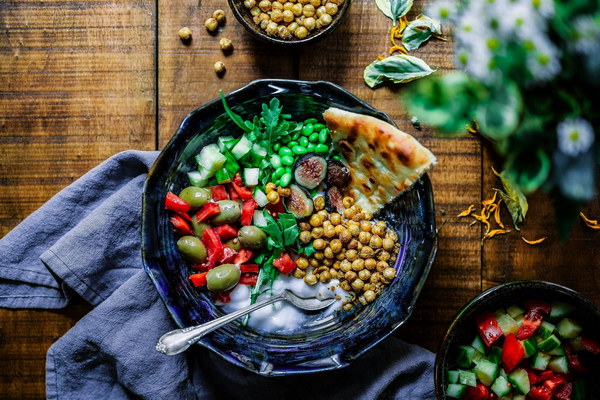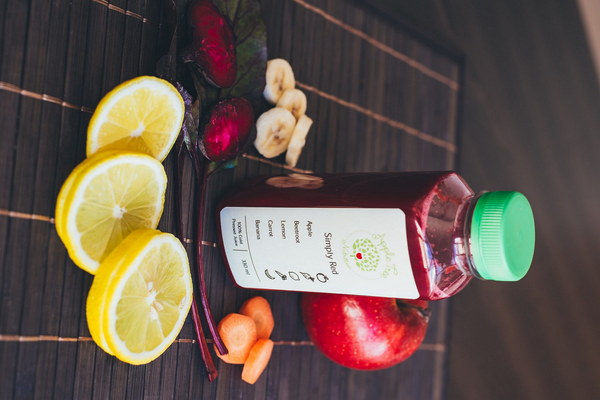Revitalizing the Body A Comprehensive Approach to SelfSweating Lung Strengthening Qi and Yin Nourishment
In the realm of traditional Chinese medicine, the concept of self-sweating, lung strengthening, Qi and Yin nourishment is a holistic approach to achieving overall health and wellness. This method focuses on balancing the body's internal systems, particularly the respiratory and immune systems, through a combination of herbal remedies, dietary adjustments, and lifestyle changes. By understanding the principles behind this approach, one can take proactive steps towards a healthier, more balanced life.
Self-sweating, often referred to as night sweats in Western medicine, is a condition where a person experiences excessive sweating during sleep. In traditional Chinese medicine, it is believed to be a sign of Yin deficiency, which can lead to a weakened immune system and an increased susceptibility to infections. By addressing this imbalance, individuals can experience improved sleep quality and overall well-being.
Lung strengthening is another crucial aspect of this approach. The lungs are considered the primary organ responsible for Qi, or vital energy, in Chinese medicine. A strong lung helps to maintain a healthy respiratory system, which in turn supports the immune system. When the lungs are weakened, it can lead to various health issues, including respiratory infections, allergies, and asthma.
Qi and Yin nourishment are two essential components of maintaining a balanced body. Qi is the life force that animates the body and is essential for physical and mental health. Yin, on the other hand, represents the cool, moist, and tranquil aspects of the body. A deficiency in either can lead to various health problems.
To address these concerns, a comprehensive approach is required. Here are some key strategies for achieving self-sweating, lung strengthening, Qi, and Yin nourishment:
1. Herbal Remedies: Traditional Chinese medicine offers a wide range of herbal remedies to address the root causes of self-sweating, lung weakness, and Qi and Yin deficiencies. Some commonly used herbs include:
- Astragalus (Astragalus membranaceus): Known for its immune-boosting properties, astragalus helps to strengthen the lungs and improve resistance to infections.
- Licorice (Glycyrrhiza uralensis): This herb helps to balance Yin and Qi, making it an excellent choice for treating self-sweating and lung weakness.
- Schisandra (Schisandra chinensis): Schisandra is known for its adaptogenic properties, which can help to boost the body's overall resilience and resistance to stress.
- Rehmannia (Rehmannia glutinosa): Rehmannia is a staple in Chinese herbal medicine for nourishing Yin and blood, which can help to alleviate self-sweating and improve sleep quality.
2. Dietary Adjustments: A balanced diet is essential for maintaining a healthy immune system and addressing self-sweating and lung weakness. Some dietary recommendations include:

- Incorporating foods rich in vitamins and minerals, such as fruits, vegetables, nuts, and seeds, to support overall health.
- Consuming foods that are cooling and nourishing, such as leafy greens, soy products, and sweet potatoes, to help balance Yin.
- Avoiding spicy, acidic, and fried foods, which can exacerbate self-sweating and lung weakness.
- Drinking plenty of water to support hydration and maintain healthy lung function.
3. Lifestyle Changes: A healthy lifestyle can significantly impact self-sweating, lung strengthening, Qi, and Yin nourishment. Some tips include:
- Regular exercise to improve lung capacity and strengthen the immune system.
- Getting adequate sleep to allow the body to rest and rejuvenate.
- Managing stress through techniques such as meditation, yoga, or deep breathing exercises.
- Avoiding smoking and excessive alcohol consumption, which can weaken the lungs and immune system.
By following these strategies, individuals can effectively address self-sweating, lung strengthening, Qi, and Yin nourishment. This comprehensive approach not only helps to alleviate symptoms but also promotes long-term health and well-being. As always, it is essential to consult with a qualified healthcare professional before starting any new treatment or making significant lifestyle changes.
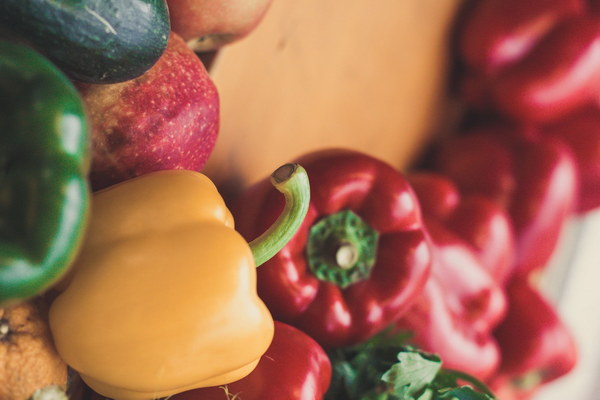
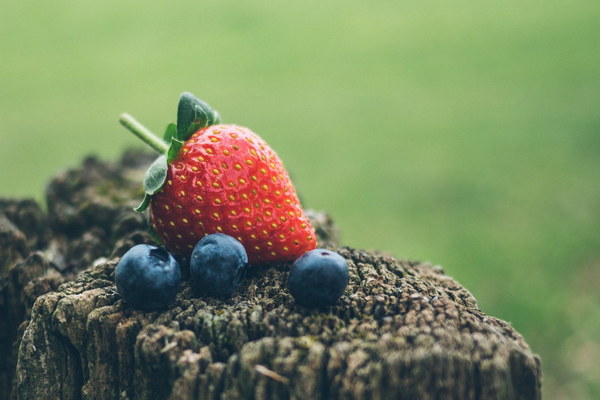

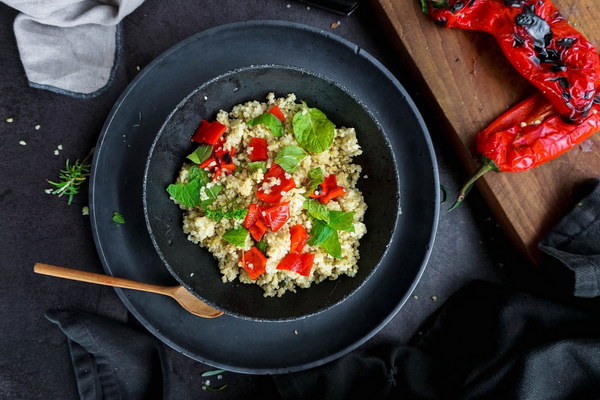
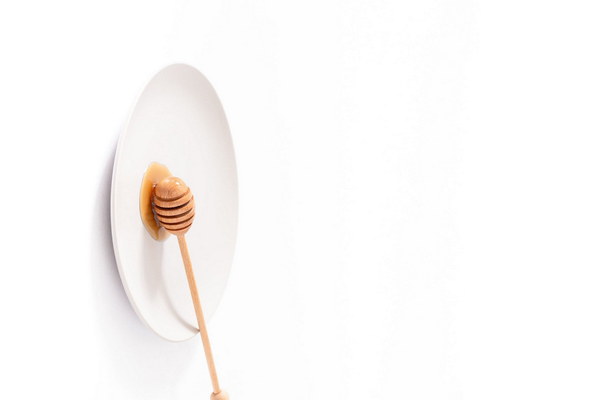

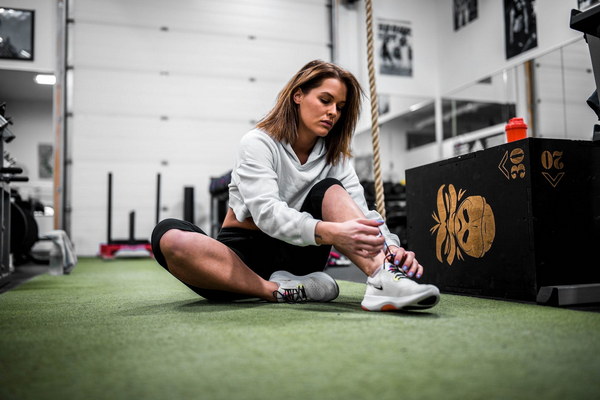
![Discover the Hidden Gem of Jiyuan Jiyuan Rejuvenating Beauty and Skin Care Shop at [Address]](http://img.bluepurple.cn/a/养生/256/Discover-the-Hidden-Gem-of-Jiyuan-Jiyuan-Rejuvenating-Beauty-and-Skin-Care-Shop-at-Address.jpg)
